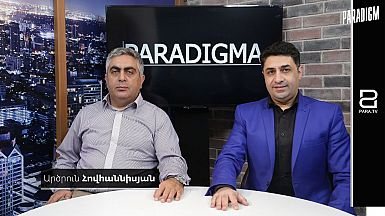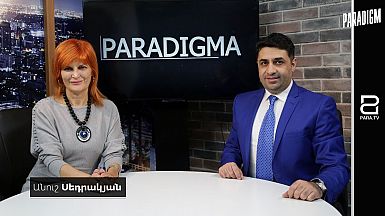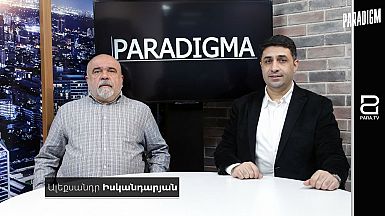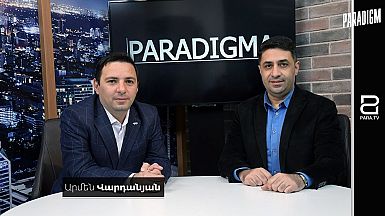Pashinyan's foreign policy challenges
Prime Minister Pashinyan met with the OSCE Minsk Group co-chairs for the first time yesterday. Pashinyan is likely to meet with Aliyev, and in some format with Putin in Moscow. So, are there any new steps, new emphases in foreign policy? In response to this, Styopa Safaryan, the head of the AIISA, notes that in relation to the Artsakh conflict, Pashinyan, roughly speaking, requires mixing cards and then distributing them again. “This refers to the statements made by Pashinyan in Artsakh, as well as during the presentation of the government program that Artsakh is a full-fledged party to the conflict and should be represented in the negotiation process,” Safaryan notes.
According to him, the Minsk Group co-chairs are also facing a complicated issue: they know the truth, they understand and declare with regret that the resistance of the Azerbaijani authorities is the reason that the format is not being restored.
When asked if there is pressure on Nikol Pashinyan in particular from Russia, expert on international studies Suren Sargsyan emphasizes that at the moment, the game continues and so does the pressure. The expert also notes that Pashinyan actually inherited the negotiation process that had begun under Levon Ter-Petrosyan. “Sure, there have been some changes: Madrid Principles, for example, the changes in approaches and so on. In other words, it is an ongoing process and Pashinyan's position, that is the return of Artsakh to the negotiating process is quite logical, but here we also see Azerbaijan's aggressive stance,” Sargsyan says. Find the details in the program “Paradigm”.




